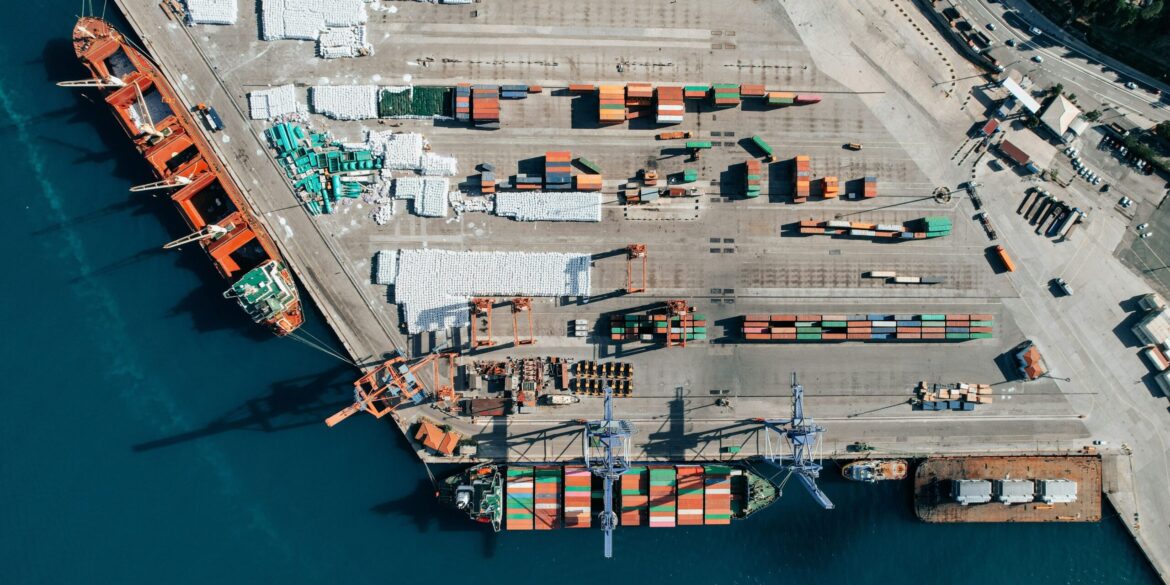By Monica Patel, Senior Correspondent
A recent survey conducted by insurance brokerage Gallagher has revealed that a significant majority of U.S. business owners are increasingly worried about supply chain disruptions stemming from President Donald Trump’s expansive tariff policies. The survey, encompassing 1,000 U.S. business owners, found that 90% expressed concern over the impact of tariffs, with 69% identifying supply chain disruptions and severe weather as significant risks. Additionally, 72% cited cyberattacks as a top concern for the upcoming year, and apprehension regarding AI’s impact surged to nearly 100%, up from 85% the previous year.
Mounting Pressures on Supply Chains
Gallagher’s CEO, J. Patrick Gallagher, emphasized the vulnerability of global supply chains due to geopolitical tensions and extreme weather events. He noted that these factors are contributing to the increasing challenges businesses face in maintaining operational stability amid growing global uncertainties.
The survey also highlighted that nearly 87% of insured business owners filed claims in 2024, most exceeding $25,000, though only some were covered under existing policies. This underscores the importance of comprehensive risk management strategies, particularly as businesses face mounting costs from unforeseen disruptions.
Economic Implications and Industry Responses
The broader context includes cumulative losses of over $34 billion to U.S. companies due to the ongoing trade war. These financial strains are prompting companies to rethink their global strategies. Many are now investing heavily in technologies such as artificial intelligence and automation to enhance operational efficiency and reduce dependency on vulnerable supply chains.
Simultaneously, a significant number of firms are exploring reshoring opportunities—bringing manufacturing and production closer to domestic markets to minimize exposure to international risks. These efforts, while costly in the short term, are aimed at building more resilient and agile business operations.
Despite these rising costs, nearly all surveyed firms expressed optimism about their international growth prospects in the coming years. This optimism reflects a broader trend in which companies are adapting to the new global trade environment rather than retreating from it.
Global Trade Dynamics and Future Outlook
A separate international survey conducted in April 2025 indicated that a majority of global businesses share similar concerns. Among the respondents, 64% reported increased costs due to new tariff measures, 47% highlighted uncertainty affecting business planning, and 45% cited supply chain disruptions as major challenges.
These findings mirror those from the U.S. and point to a common theme: the current global trade environment is marked by heightened uncertainty and volatility. Businesses around the world are being forced to reconsider long-standing supply chain models that emphasized cost efficiency over resilience.
In response, many are adopting multi-sourcing strategies—securing goods and services from multiple suppliers to avoid reliance on any single source. Others are forming regional supply hubs to better manage logistical complexities and reduce transit times.
The emphasis on resilience and adaptability is becoming paramount in business strategy. Companies are prioritizing flexibility, whether through digital transformation, strategic partnerships, or investing in robust cybersecurity frameworks.
Conclusion: Preparing for a New Era of Trade
As the global economy continues to evolve, U.S. businesses are increasingly recognizing the importance of proactive risk management. The growing concerns over tariffs, cyber threats, and environmental disruptions underscore the need for comprehensive strategies that can weather future uncertainties.
While challenges remain, the current environment also presents opportunities for innovation and strategic growth. By embracing change and investing in resilience, American businesses are positioning themselves to thrive in a rapidly shifting global landscape.


